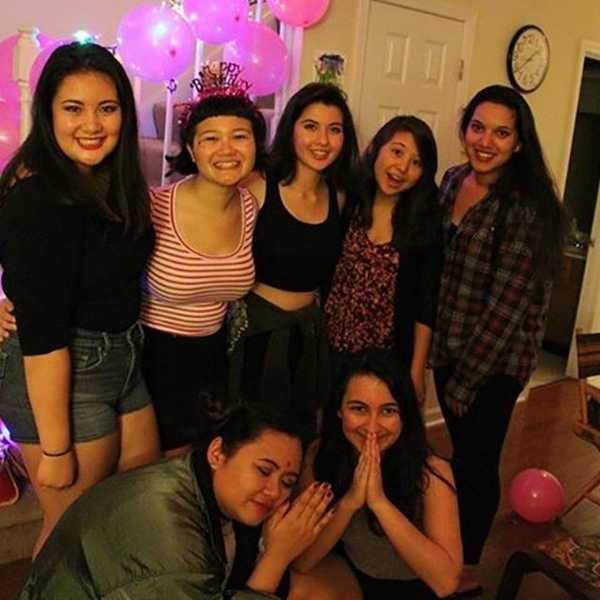Being South Korean in the U.S. is quite an experience. In fact, being called "Asian American" already makes things complicated.
I was born in the U.S. and have lived here my entire life. English is my first language and I only knew the basics of colloquial Korean for the first 10 years or so of my existence. This was long before the Korean "Hallyu Wave" really reached the U.S., so a lot of racial jabs—the minute and the more blatant—initially went over my head. But as I grew up, I began to recollect those times in my childhood when people directed microaggressions at me for being Korean or for "not being Korean enough." New kids asked if I was North Korean (this one got very old very quickly), my elementary school friends asked me to sing in Korean whenever they wanted me to (probably from pure curiosity than out of malice) and I was directly asked if I was even Korean because I couldn't speak the language that well at the time (this one really stung and has stuck with me ever since, more so because it was said by an adult). And I can never forget this typical conversation:
"Are you Japanese?"
No.
"Are you Chinese?"
No.
"Then what are you?"
My not-as-widely-known ethnic background made me something rather than someone. It didn't enhance who I was as a person, but it was the sole attribute that defined me, that it was the only thing people seemed to care most about. It's not a comforting thought, but it's most certainly an educating one. (I suppose my last name doesn't help all that much. It's actually supposed to be "Jang," though it's a little late for that to be corrected.)
"I Am Asian American" by James Young
A lot has changed since going through middle school, high school and college. Yet much of it is still the same; many reject K-Pop and Korean culture and ridicule others for "associating" themselves "with the ching chong language and its people." For me, the barrier goes beyond simple ignorance: No matter where I am, I'm always part of the smaller group of people. I'm most certainly a minority in the States, but I'm also a minority in South Korea. I distinctly remember that during my most recent trip to the country (which was already three summers ago), people stared at me a lot; it was a kind of consistent and unabashed gawking that made me feel awkward and uncomfortable. These instances only highlighted the dreaded fact that I'm not "one of them" in the way that they want me to be and that I never will be.
I guess my main issue with this strange duality is that I don't truly belong anywhere. I'm either "too Asian" or "too American" to be a member of either identity; I've been and always will be a foreigner in one way or another. I'm just...stuck. However, that doesn't necessarily mean that I'm on my own or that things cannot change. Erika Lee's informational The Making of Asian America and Gene Luen Yang's graphic novel American Born Chinese are only two examples of the many works that shed light on the kinds of everyday struggles our ancestors faced in the past and those that we currently encounter today. I have yet to read either, but I hope to do so very soon; I've heard especially great things about Yang's story.
In no way do I lament over being an Asian American. I may not have a "concrete identity," but I'm proud of who I am and of my background. I'm American and I'm Korean, so why should I have to "fit" with only one?





















